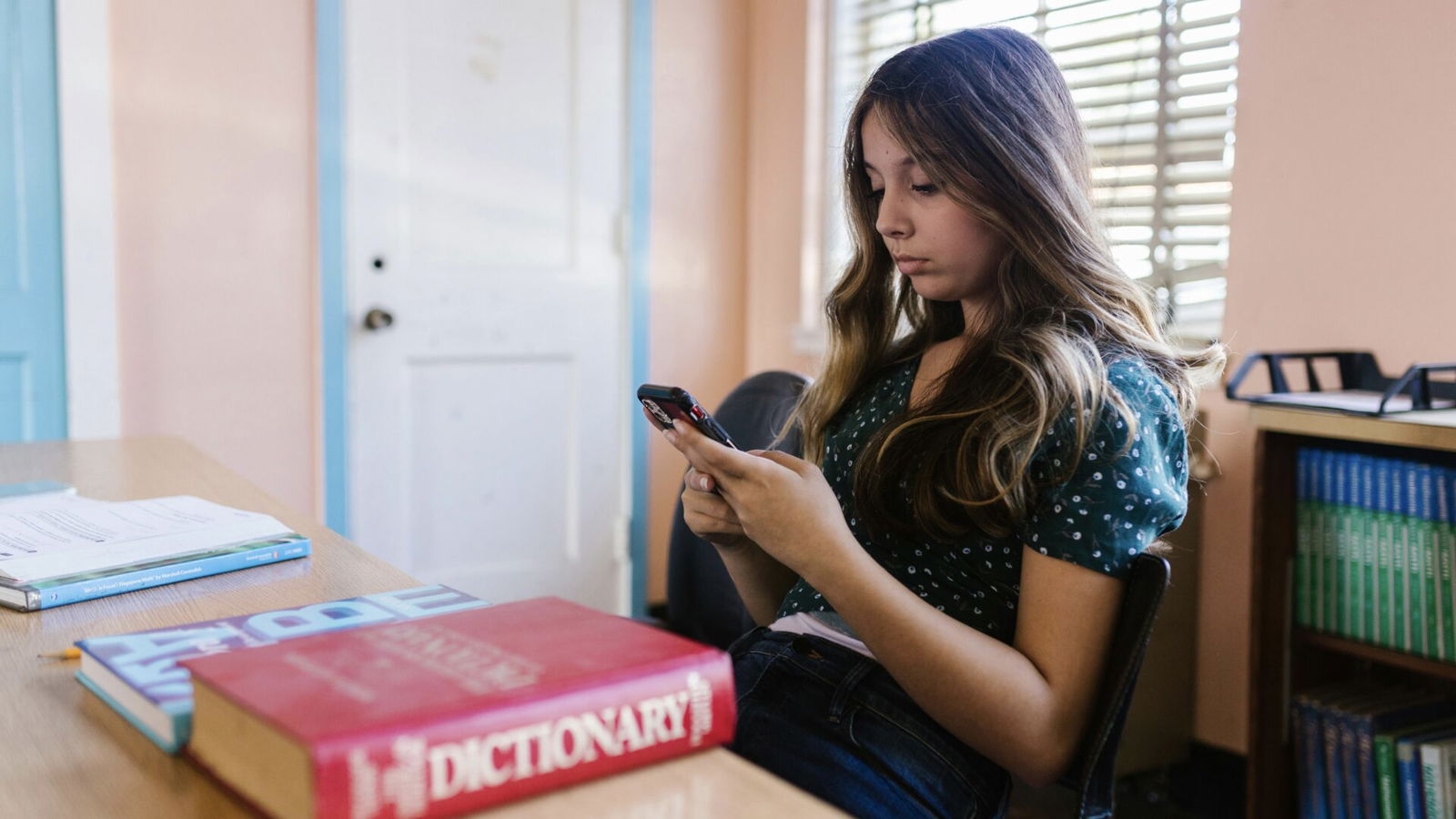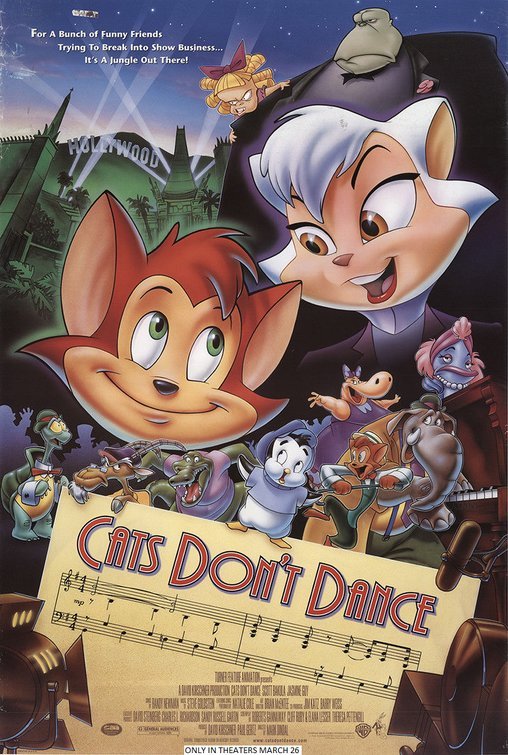
What Experts Think About South Carolina’s School Phone Ban
By Movieguide® Contributor
Experts are weighing in on South Carolina’s new no-phones-in-school law.
“A recent study by the National Library of Medicine found that while devices are helpful for learning with electronic books and learning-to-read applications, screen time can impact child development,” Columbia WIS TV reported. “Excessive screen time can cause sleep disorders and mental health conditions such as depression and anxiety.”
The South Carolina Department of Education aims to improve children’s focus and well-being by requiring all public schools to be cell phone-free. Associate Professor of Literacy Education at the College of Charleston William Ian O’Byrne is one of many who support the ban.
“A large concern for experts is the screen use at home,” Columbia reported. “O’Byrne says a big issue is the sleep factor among others such as excessive blue light exposure.”
One study “published in 2020, looked at cognitive and emotional functioning in children over time, between age 4 and 8, measured against their daily screen time,” Edtech Magazine reported. “The study found excessive screen time led to emotional dysregulation and negatively affected mathematics and literacy in school-age students.”
O’Byrne advises that families regularly use these phrases at home: “phones on, phones off and phones on the side.”
“As we cook together as a family, can we have a football game on in the background?” O’Byrne asks. “Can we listen to music together as a family, if we’re making a puzzle together as a family, can we have something in the background? So you want to be very mindful of screens on, screens off and screens on the side.”
READ MORE: HOW A DIGITAL DETOX COULD CHANGE YOUR CHILD’S LIFE
“We want to think about 60 minutes, maybe 90 minutes that they’re on those screens,” O’Byrne said. “What are they doing, what are they doing while they’re there? What are they consuming and what’s happening? When it comes to screens off, do what you need to do.”
Middle school teacher Michelle Nichols observed that her students have less curiosity the more time they spend on their phones. They perform better when they aren’t idly scrolling.
“O’Byrne recommends parents to reflect on their own screen time habits to create healthy device practices at home,” Columbia said. “He says this first step limits the amount of time and types of content children and teens are absorbing outside the classroom.”
Researcher Michael Robb points out it’s important for parents to consider how their kids are spending time on screens.
“Research suggests that what kids actually do with that screen time and the context of that use is a better predictor of outcomes, both positive and negative,” said Robb. “Completing an assignment on Google Docs is not the same thing as watching TikTok videos, is not the same thing as playing video games, is not the same thing as FaceTime chat. All these things are very different; they serve different needs.”
READ MORE: SIDE EFFECTS OF TODDLER SCREEN TIME YOU DIDN’T KNOW ABOUT
Questions or comments? Please write to us here.


 - Content:
- Content: 

